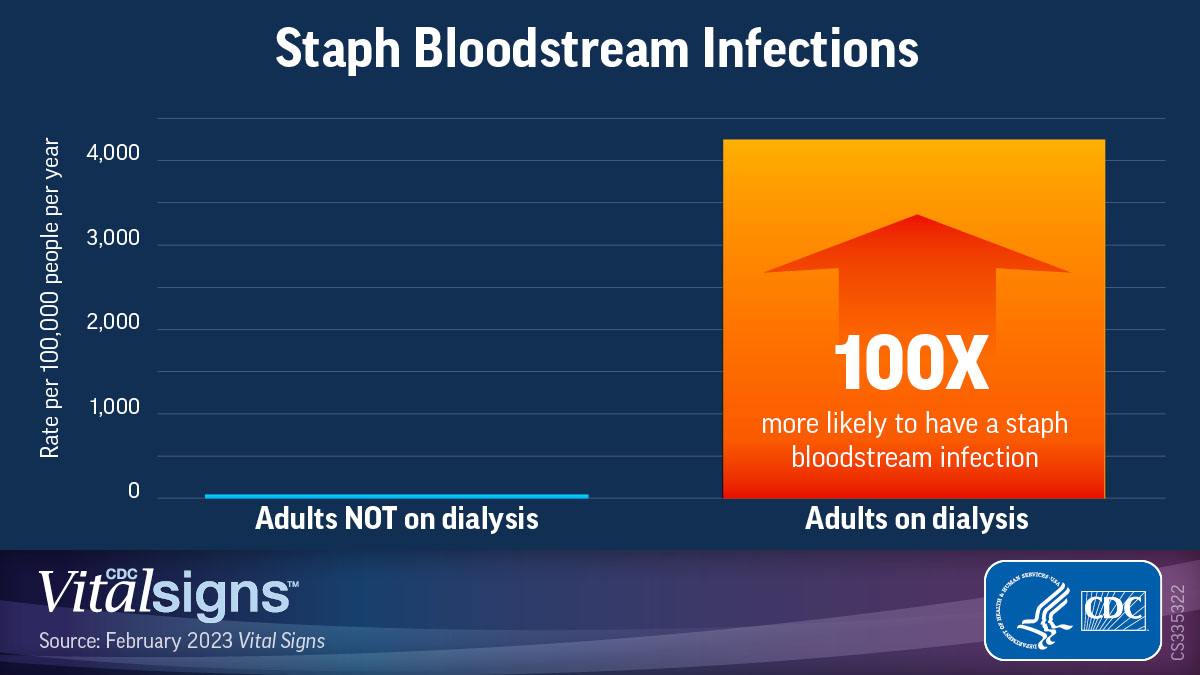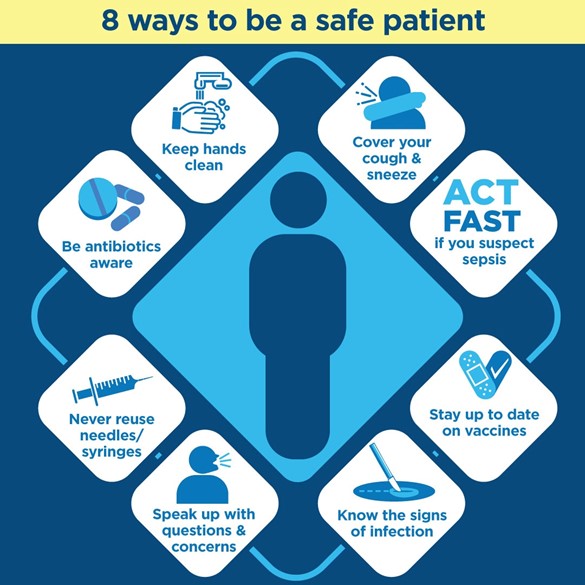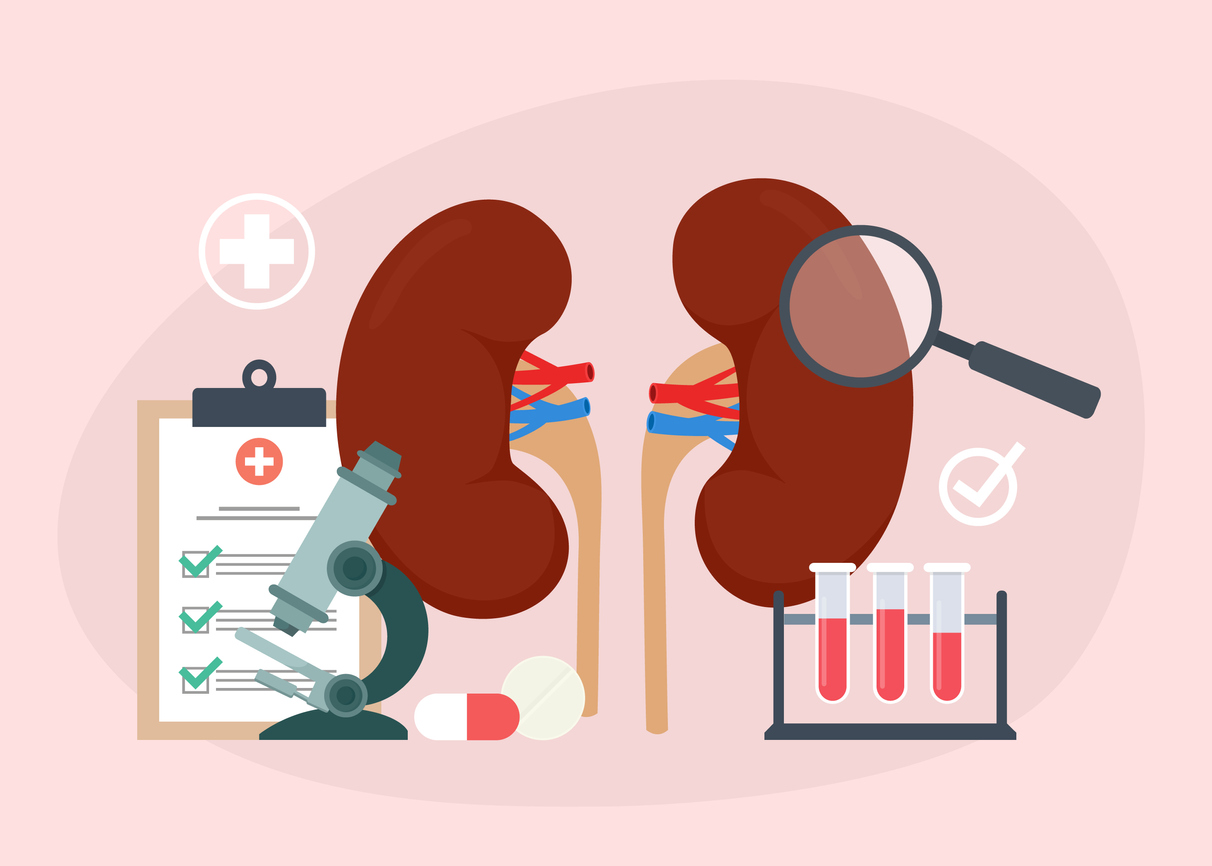For Mike Guffey, Working Was Key to Staying Positive
Mike Guffey When Mike Guffey began dialysis treatments in 2008, one of his top priorities was to ensure he had a reason to keep moving forward, something to look forward to when he got out of bed which would allow him to push through his treatment regimen. For him, that meant returning to work as quickly as he could after starting his treatments, especially given how quickly he crashed into life on dialysis. Normally based in Kansas City, Mike was working temporarily as a project manager in Colorado when he noticed something was off. He went to the [...]










